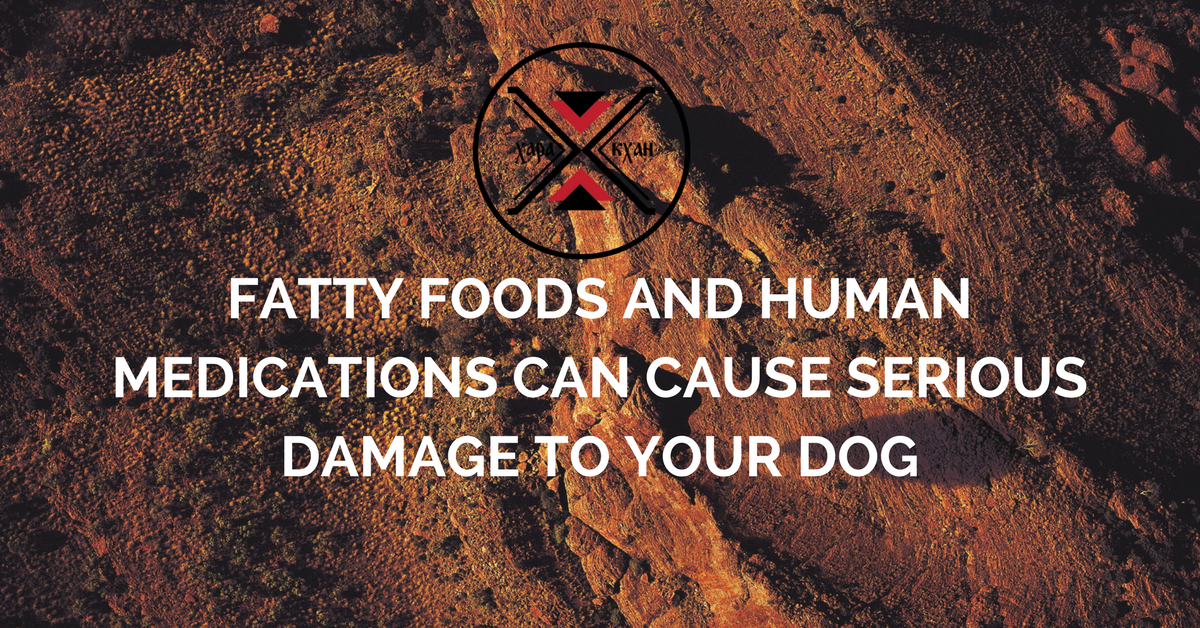What causes pancreatitis in dogs and how it is diagnosed?
Pancreatitis in dogs may be triggered by any of the following conditions:
High-fat diets (high amounts of lipid and / or calcium in the blood)
Obesity
Hypothyroidism (endocrine diseases), Cushings disease, Diabetes
Various medications: potassium bromide used for epilepsia, some antibiotics, generally speaking human medications shouldn’t be given to dogs. Even in a small dosage some common human medications (like ibuprofen) can cause very serious complications. Ibuprofen poisoning resemble pancreatitis. It results in gastric ulcers.
Toxins
Abdominal injury
Genetics (Schnauzers and Yorkshire terriers)
Vet is going to look at your dog’s medical history; dogs who had suffered one episode of pancreatitis are likely to experience it again. Older dogs and females are more susceptible to pancreatitis. Physical examination is a next step – besides an examination of stomach area, vet will check your dog for any sign of illness. The most important however is laboratory testing of pancreatic enzymes lipase and amylase and canine pancreatic lipase immunoreactivity (cPLI). Elevated levels of these enzymes most definitely determine the pancreatitis in dogs. In case of severe inflammation the dog can also have increased level of liver enzymes due to present liver inflammation.
Symptoms of pancreatitis in dogs
Both acute and chronic pancreatitis can be mild or severe. Acute pancreatitis often comes around the holidays after the dog has eaten fatty foods, typically human table scraps. Canned and kibble food can also incite pancreatitis because such food causes pancreas to start overly secreting digestive enzymes and activate them too early in a process of digesting i.e. in pancreas instead when they reach small intestine. This is the main cause of pancreas inflammation that results in pain, abdominal distention and damages pancreas and surrounding tissues in more severe cases when pancreas starts digesting itself.
- Very painful abdomen
- “Hunched up” posture
- Dehydration
- Lack of appetite
- Depression
- Vomiting
- Diarrhea
- Heart arrhythmias
- Difficulty breathing
- DIC (disseminated intravascular coagulation)
SEVERE CASES:
Chronic pancreatitis develops slowly over time, often without obvious symptoms.
Pancreatitis in dogs – treatment and diet
Take control over dehydration and vomiting
Provide nutritional support and relief from pain
It is absolutely important to understand that once pancreatitis has been diagnosed a dog has to stop taking food and water for at least 24 hours. This gives a necessary rest to pancreas and prevents further vomiting and losing of electrolytes. A vet can give supplemental fluids subcutaneously or intravenously in most severe cases. For home treatment you can try the following procedure: give each hour 2-3 tablespoons of bottled water (room temperature) for a medium sized dog. You need to find out what caused pancreatitis and determine whether your dog needs further therapy. In case of fatty food causing pancreatitis after fasting your dog for 24 to 48 hours start giving easily digestible, blended, low fat, high carbohydrate food. Bone broth is beneficial but you have to know how to prepare it and make sure to cool it down and skim off the top layer to reduce fat. You can also cook 1 cup white rice in 4 cups of water with skinless chicken breast.>




